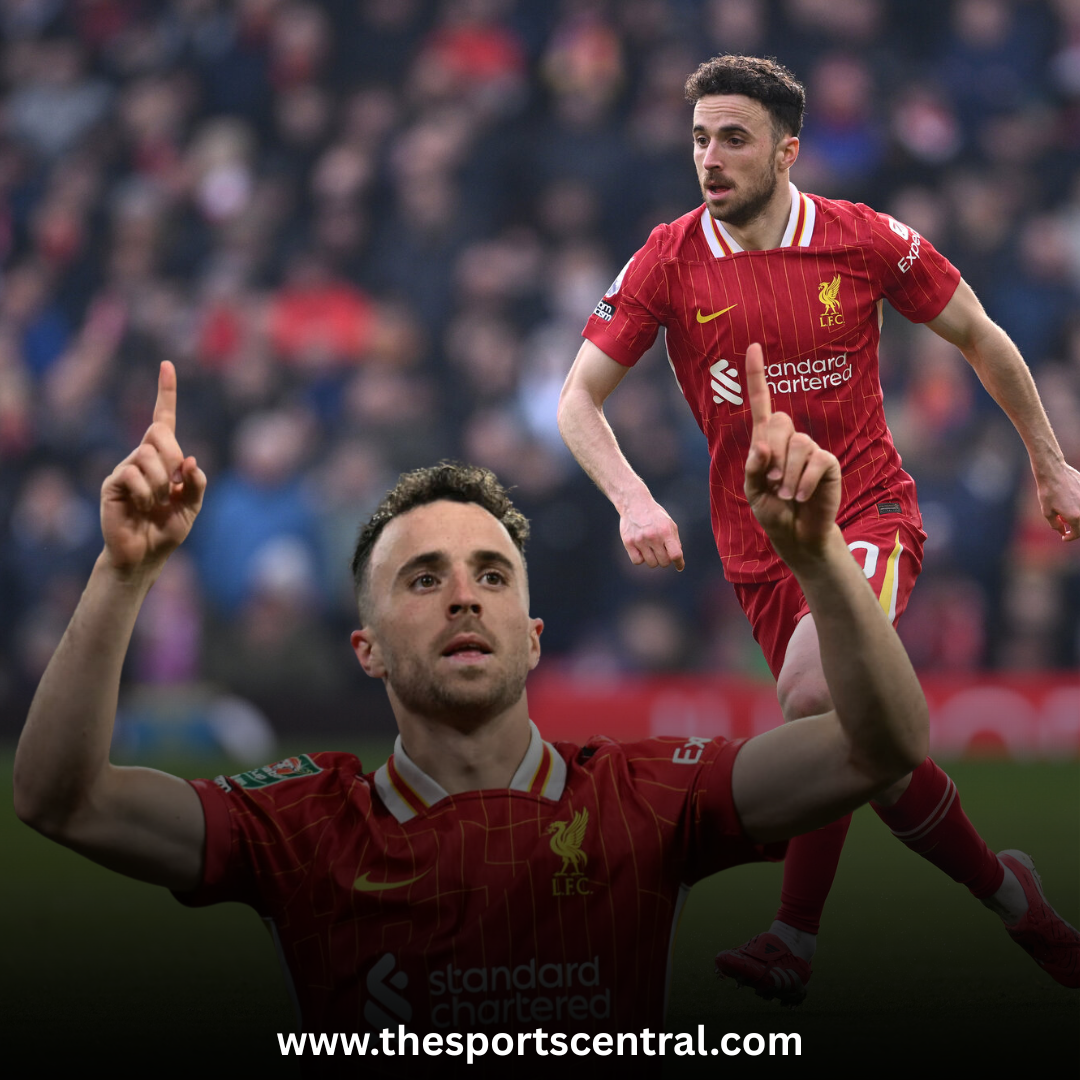Barcelona faced another major setback on April 2, 2025, when LaLiga officially canceled the club’s Financial Fair Play (FFP) agreement. This decision directly impacts the registration of key players like Dani Olmo and Pau Víctor. The development comes as a shock to fans and signals deeper financial instability for the Catalan giants.
LaLiga’s move does more than revoke an agreement — it exposes Barcelona’s ongoing struggle to comply with financial regulations. The league no longer considers the club’s previous compliance plan acceptable. Club executives must now take immediate action or risk more penalties.
—
What Triggered LaLiga’s Decision?
LaLiga monitored Barcelona’s financial recovery plan closely since 2023. The club submitted proposals to reduce its wage bill, increase revenue, and ensure compliance with FFP regulations. The league initially accepted these plans, allowing temporary player registrations and new signings.
However, recent audits uncovered discrepancies. LaLiga officials found that Barcelona failed to meet key targets. The club overestimated commercial revenues and underestimated ongoing debts. The shortfall triggered a review, and the league decided to terminate the agreement.
LaLiga president Javier Tebas addressed the media: “Barcelona’s financial projections lacked accuracy. The club failed to fulfill the terms of the conditional approval we granted. We cannot compromise the financial integrity of LaLiga.”
This announcement directly affects the status of Dani Olmo and Pau Víctor. The league no longer recognizes their registrations under the previous FFP agreement. Barcelona must now present a new financial plan before registering any additional players or renewing contracts.
—
How It Affects Player Registrations
The cancellation of the FFP agreement creates immediate consequences. Dani Olmo’s summer transfer from RB Leipzig now stands on shaky ground. Barcelona pursued him aggressively, viewing him as a core part of its rebuild. Without FFP clearance, the club cannot finalize his registration or process salary payments under LaLiga guidelines.
Similarly, Pau Víctor, who recently impressed with Barcelona B, remains ineligible for senior competition. The league considers his promotion null until the club regains compliance.
The situation could worsen. Other players — including those with contract renewals pending — might face delays. LaLiga enforces strict rules regarding salary caps and player amortization. If Barcelona fails to cut costs or raise funds quickly, the club may lose more key players.
—
Barcelona’s Financial Struggles Continue
Barcelona’s financial issues trace back several years. Club executives under Josep Maria Bartomeu’s presidency committed to reckless spending. Massive wages, failed signings, and unmanageable debt pushed the club to the brink.
Joan Laporta returned in 2021 and promised recovery. He sold off club assets under the now-infamous “levers” strategy. These short-term solutions helped register players like Robert Lewandowski and Jules Koundé. But they failed to fix deeper structural problems.
Sponsors pulled out. Broadcasting revenues dropped due to lackluster Champions League performances. Matchday revenue couldn’t offset the club’s massive wage bill. Debt restructuring helped, but not enough. Barcelona still owes hundreds of millions to banks, players, and creditors.
LaLiga’s cancellation of the FFP deal reflects this reality. The league doesn’t believe the club’s finances justify the registration of high-earning players. Until Barcelona either sells assets or drastically reduces costs, the league will continue to block transfer activity.
—
Impact on Sporting Ambitions
Barcelona currently sits third in LaLiga, just behind Real Madrid and Girona. The team, under coach Xavi Hernández, shows flashes of brilliance but lacks consistency. Dani Olmo’s arrival promised to bring creativity and experience. Now, that reinforcement remains uncertain.
Pau Víctor’s situation also highlights the problem of internal development. Barcelona’s academy, La Masia, remains one of the best in the world. But young talents now face roadblocks due to the club’s failure to meet FFP rules. Without registration clearance, top prospects cannot debut or earn competitive wages.
Coach Xavi feels frustrated. He recently stated, “We build a vision. We build a team. But we need support from above. The board must solve this. Otherwise, we can’t compete.”
If the situation continues, Barcelona may lose its Champions League spot for next season. UEFA enforces financial regulations as well. A domestic FFP failure often leads to European consequences.
—
Legal and Strategic Responses from Barcelona
Barcelona did not remain silent. The club issued a formal statement expressing disappointment. Executives claimed that LaLiga acted prematurely and requested a detailed breakdown of the decision. They plan to file an appeal and submit a revised financial strategy.
Legal teams now work to delay the consequences of the FFP cancellation. Sources within the club suggest that they may request provisional registration for affected players during the appeal process.
Barcelona also plans to renegotiate sponsor contracts. Laporta and his team have targeted new partnerships in Asia and the Middle East. They hope to generate quick revenue through preseason tours and global branding deals.
In addition, the club may sell players this summer. Frenkie de Jong, Raphinha, and Ferran Torres top the list of potential sales. Their departure would free up wages and help meet the league’s salary limit.
—
LaLiga’s Message to Spanish Clubs
LaLiga’s decision sends a clear message — the era of financial leniency has ended. Javier Tebas wants Spanish clubs to operate sustainably. He often criticizes teams like Barcelona for relying on accounting tricks and emotional appeals.
Unlike the Premier League, where clubs often receive bailouts or benefit from lax enforcement, LaLiga wants transparency. The league believes that long-term stability will attract better investors and elevate Spanish football.
By punishing Barcelona, LaLiga draws a line. All clubs must respect salary limits and revenue-to-wage ratios. The league encourages youth development and sustainable spending — not superstar acquisitions backed by financial smoke and mirrors.
—
Fan Reactions and Club Morale
Barcelona fans reacted with a mix of anger and anxiety. Some blamed the board. Others criticized LaLiga for targeting the club unfairly. Many questioned how rivals like Real Madrid manage large signings without facing similar restrictions.
At Camp Nou, frustration grows. The atmosphere feels tense. Players worry about stability. Coaches prepare contingency plans. Young talents wonder if they should seek opportunities elsewhere.
Club morale depends on leadership. Laporta must reassure fans, players, and stakeholders. He needs transparency, fast decisions, and a credible recovery roadmap.
—
Conclusion
Barcelona faces a critical moment in its modern history. LaLiga’s cancellation of the FFP agreement exposes deep-rooted financial weaknesses. It places vital signings like Dani Olmo and Pau Víctor in jeopardy. More importantly, it challenges the club’s identity as a powerhouse in Spanish and European football.
Barcelona must act fast. The board must raise funds, reduce costs, and rebuild trust. Fans demand solutions, not promises. If the club fails to respond decisively, it may enter a long period of mediocrity.
LaLiga made its position clear. Now, Barcelona must adapt — or fall behind.










